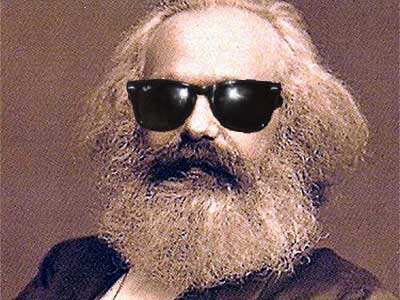*Forgive any formatting as I’m on mobile.
As I read in themes, I’m currently focusing on philosophy to try and understand it, see where I fit in the world and also reconstruct my own atheist/nihilistic worldview.
I just got done with Existentialist Cafe and got a really nice overview of all the main players in the Existentialist camp but want to finally take the leap into nihilism and absurdism proper. I’ve read The Stranger and Myth of Sisyphus and like Camus a lot so far but also wanna tackle Satre, Beauvoir, and Merleau-Ponty eventually but wonder if I need to read Husserl and specifically Heidegger and Nietzche since they are controversial because of their politics. Would I be able to get away with just reading synopses of their work? I do currently have Being and Time in my list of books to get.
Also, aside from Nietzche, who else should I read regarding nihilism? I’m currently working through The Trouble with Being Born by Cioran and wanna find some more by him but also have The Antidote by Burkeman and Conspiracy Against the Human Race by Ligotti in my backlog. I did read The Book by Alan Watts the other day and though it felt like reading my stoned friend’s wild ramblings on society and how we exist in it, some coherent stuff did come through. But I don’t know if it was what I was after. I did appreciate it for introducing me to some concepts like ego and self but maybe I should have saved it for another day?
Sidenote but I’m planning on moving back and force between philosophy and socialist theory so socialist philosphers are also welcome. Generally I’m open to all suggestions.
Thanks in advance!


You want The Destruction of Reason, by Georg Lukács, and Western Marxism: How It Was Born, How It Died, How It Might Be Reborn by Domenico Losurdo.
Also literally just go on Critical Theory Workshop youtube and look up Gabriel Rockhill’s lectures about this, they are incredibly good.
He goes through not just how Heidegger and Nietzsche’s Naziism was covered up but also how the intellectual apparatus of the west originated in funding from the NATO spy organization the Information Research Department
The books themselves have a bit more about disentangling Heidegger and Nietzsche’s word games from their historical context, influences, and their descendants
Just grabbed both books. gonna look up the YT channel now. Thanks!
De nada someone should have recommended this stuff to me like ten years ago. Together we can all unfuck time.